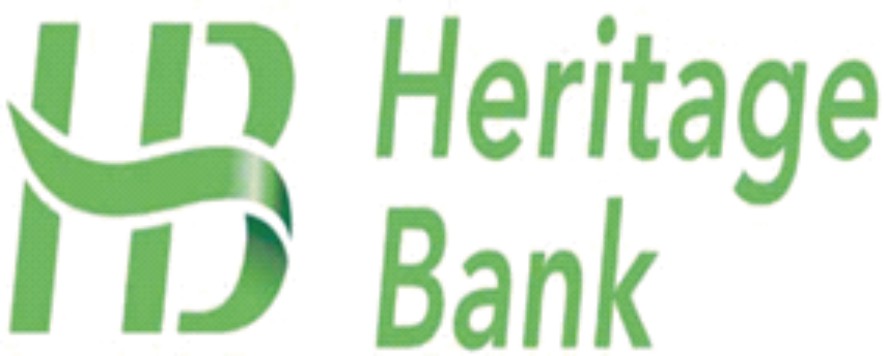- CBN, Heritage Bank Offer N2b Lifeline to Triton Aqua
The Central Bank of Nigeria (CBN) in partnership with Heritage Bank Limited has provided a N2 billion long-term facility, under the Commercial Agriculture Credit Scheme (CACS) to Triton Aqua Africa Limited (TAAL).
The move was part of efforts to support the real sector and unlock food and wealth creating potentials in the nation’s agriculture sector.
TAAL, also known as Triton Farm, accessed the CACS through Heritage Bank to set up aquaculture businesses- nursery/hatchery for the production of fingerlings and brood stock in Ikeja; and earthen ponds for catfish and tilapia in Asejire, Iwo and Gambari towns in Oyo State.
The company said its strategy is to embrace backward integration through production of fish locally and reduce its importation of frozen fish, as well as assist small scale farms by producing quality breed fingerlings.
The Minister of State for Agriculture, Senator Heineken Lokpobiri, during a tour of Triton Farms, commended the company, stating that the CBN and Heritage Banks’ financial support to the company’s achievement is very fundamental as investment in food security is probably the most profitable venture anyone could think of.
He however, said that Nigeria has a deficit of over two million metric tonnes of poultry produce, and over three million metric tonnes deficit in fish farming products, adding that the agro-production deficits show huge investment potential in the sector.
He stressed that banks should now finance more agricultural projects than trading, oil and gas, as the future is highly dependent on agriculture.
The Chairman, Triton Group, Ashvin Samtani, said the farm was fully integrated in aquaculture, poultry and crop production and is a platform to create employment for teeming youth.
“Triton Farm is designed to train youth in agriculture and create employment, as well as generate wealth. This is the only farm in the whole region that is fully integrated in aquaculture, poultry and crop production,” he said.
The Group Head, Agriculture Finance, Heritage Bank, Olugbenga Awe, stated that that partnership between the bank and Triton Farm local production will conserve scarce foreign exchange and enhance food security.
“Nigeria’s current demand capacity for fish is estimated at 2.7million metric tons and the country currently produces 800,000 metric tonnes. Triton is now producing 25,000 metric tons and with them on board, about 25,000 metric tonnes capacity will be added to our current production, the company’s projection is to reach 100,000 metric tons in five years,” he said.
Awe stressed that Heritage Bank’s support for small-scale enterprises is well known and most of these SMEs play in the agriculture sector.
According to him, the bank sees agriculture as one of its heritage that can empower individuals and communities in terms of creating wealth from the soil and through the entire value –chain using value addition and industrialisation.
“We are also focused on small holder farmers as we currently support thousands of farmers in Kaduna and Zamfara states in rice and soybeans production under the Anchor Borrowers Programme.
“We are also targeting the youth that are interested in agriculture through our partnership with CBN on Youth Innovative Entrepreneurship Development Programme.”

 Naira3 weeks ago
Naira3 weeks ago
 News4 weeks ago
News4 weeks ago
 Naira4 weeks ago
Naira4 weeks ago
 Naira3 weeks ago
Naira3 weeks ago
 Jobs3 weeks ago
Jobs3 weeks ago
 Travel3 weeks ago
Travel3 weeks ago
 Naira3 weeks ago
Naira3 weeks ago
 Investment4 weeks ago
Investment4 weeks ago






























